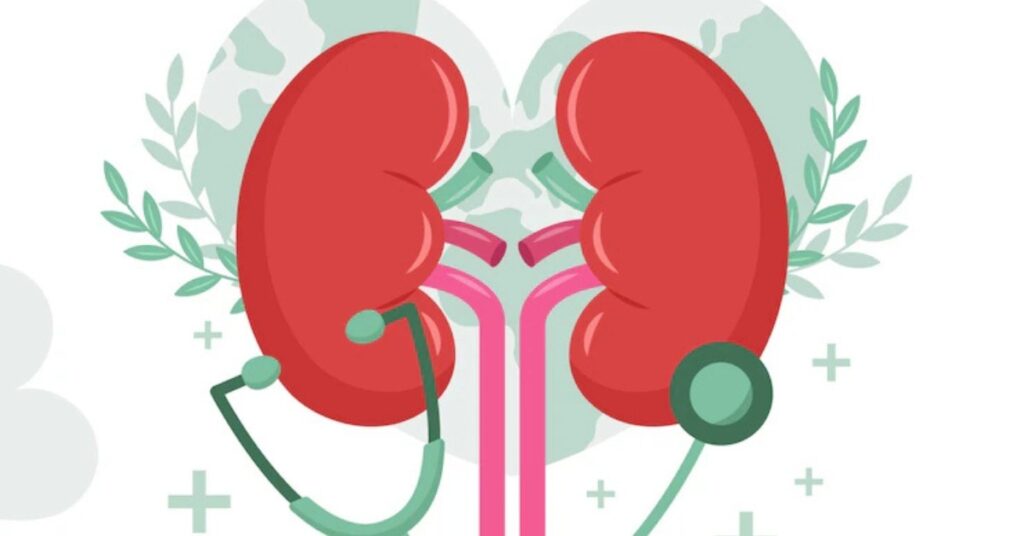Despite growing awareness, diabetes remains one of the most misunderstood health conditions in the world. From half-truths passed around in family circles to outdated advice still circulating online, many people continue to believe myths that can actually worsen their health or delay proper treatment. Whether you’re living with diabetes, caring for someone who is, or simply want to stay informed, it’s important to separate facts from fiction.

Here are 10 common diabetes myths and the hidden risks they carry:
Myth 1: Eating too much sugar causes diabetes
The truth: Sugar alone doesn’t directly cause diabetes. Type 1 diabetes is an autoimmune condition, while Type 2 is linked to a mix of genetics and lifestyle factors like obesity, inactivity, and insulin resistance. While a high-sugar diet can lead to weight gain and increase the risk of developing Type 2 diabetes, it’s not the sole cause.
Hidden risk: Blaming sugar alone may lead people to overlook other contributors like stress, sedentary lifestyle, poor sleep, and overall poor diet – all of which are crucial in diabetes management.
Myth 2: Only overweight people get diabetes
The truth: While excess weight increases the risk of developing Type 2 diabetes, thin people can get it too. Genetics, hormonal issues, and other factors also play a major role.
Hidden risk: Slim individuals may ignore early warning signs or delay check-ups, thinking they’re not at risk – potentially missing the chance to catch the condition early.
Myth 3: People with diabetes must completely avoid carbs
The truth: Carbohydrates are essential for energy. The key is choosing the right kind of carbs – whole grains, fruits, vegetables, and legumes – and monitoring portions. It’s not about cutting carbs entirely, but managing how they impact blood sugar.
Hidden risk: Completely eliminating carbs can lead to nutritional deficiencies, low energy levels, and even disordered eating habits.
Myth 4: Diabetes is not a serious disease
The truth: Diabetes can lead to serious complications like heart disease, kidney failure, nerve damage, blindness, and even limb amputation if not properly managed. It is a chronic condition that requires consistent care and lifestyle management.
Hidden risk: Underestimating its seriousness can make people complacent, leading to poor management and higher long-term health risks.
Myth 5: Insulin is a sign of failure
The truth: Needing insulin doesn’t mean you’ve failed to control your diabetes. For many people with Type 2 diabetes, the condition gradually progresses to a point where insulin becomes necessary. For Type 1, insulin is always essential.
Hidden risk: Avoiding insulin out of fear or shame can result in uncontrolled blood sugar and dangerous complications.
Myth 6: You can’t eat sweets ever again
The truth: People with diabetes can enjoy desserts – in moderation and with smart planning. Pairing sweets with fiber, protein, and healthy fats can help control blood sugar spikes.
Hidden risk: Believing sweets are completely off-limits can lead to guilt, binge eating, or giving up on healthy habits altogether.
Myth 7: Diabetes always has symptoms
The truth: Many people with Type 2 diabetes don’t experience noticeable symptoms until the condition has already caused some damage. Frequent urination, fatigue, and blurred vision are signs, but diabetes can still be “silent” for years.
Hidden risk: Waiting for symptoms before getting tested can delay diagnosis and early treatment, increasing the risk of complications.
Myth 8: Natural remedies can cure diabetes
The truth: While some natural supplements or lifestyle changes can help manage blood sugar, there is no “cure” for diabetes. Relying on unverified home remedies instead of medical treatment is dangerous.
Hidden risk: Delaying or avoiding proper medication in hopes of a “natural cure” can worsen the condition and put your life at risk.
Myth 9: If you’re on medication, you don’t need to change your lifestyle
The truth: Medications help, but they aren’t magic bullets. Regular exercise, a balanced diet, stress management, and proper sleep are essential to keeping blood sugar in check.
Hidden risk: Relying only on pills or insulin without making lifestyle changes often leads to poorly controlled diabetes and rising medication doses.
Also Read: Instant Coffee Consumption Could Harm Your Vision, New Study Finds
Myth 10: Kids can’t get Type 2 diabetes
The truth: While once rare, Type 2 diabetes is now increasingly being diagnosed in children and teens, often due to rising obesity rates, poor diet, and lack of physical activity.
Hidden risk: Parents may dismiss early symptoms like fatigue or excessive thirst, thinking it’s “just a phase,” and miss the opportunity for early intervention.












